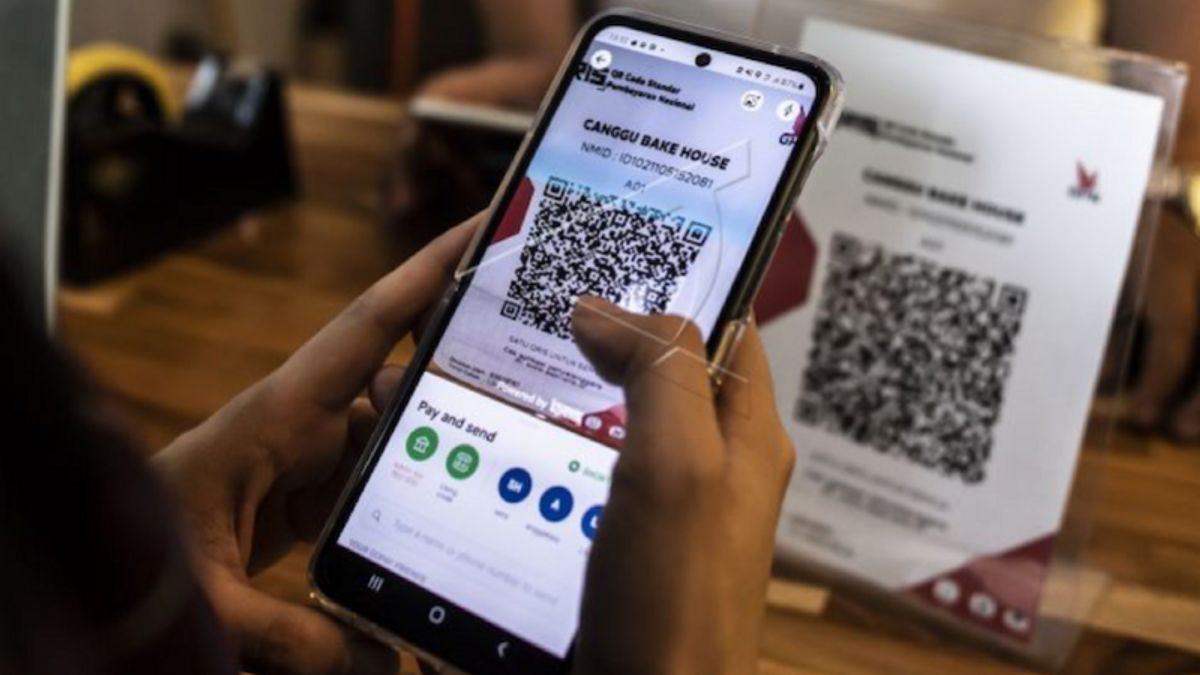JAKARTA - Digital transactions are growing rapidly, and are even projected to grow 14 times by 2030. This increase will be driven by the prospect of strong national economic growth.
Bank Indonesia (BI) Payment System Policy Director Ryan Rizaldy estimates that the number of digital transactions can reach 10.05 billion by 2030, a sharp increase from 600 million transactions in 2023. This growth is driven by economic activity carried out by generation Y and Z, which currently dominates the Indonesian population.
"They will play a bigger role in the economy until 2030. This is what will drive a 14-fold increase in digital transactions, supported by an economic outlook that is expected to be getting better," Ryan said.
The three main factors that support this growth are the demographic shift, the acceleration of digital innovation, and the flow of cross-border interconnections. Ryan explained that Bank Indonesia not only monitors the current conditions, but also looks at Indonesia's future economic prospects, especially related to the payment system. This rapid growth of digital transactions must be anticipated with adequate infrastructure development.
"Infrastructure must be adjusted to the existing needs to support the growth of digital transactions which are expected to increase 14 times," Ryan explained.
Bank Indonesia continues to work with all stakeholders to prepare the right infrastructure. Ryan emphasized that this digital transaction growth will affect the entire financial industry sector, so that synergy between BI and industry is needed to serve the community optimally.
"If handled alone, this growth will not be sustainable. Synergy between BI and industry is needed to strengthen infrastructure in the face of a surge in digital transactions," said Ryan.
Bank Indonesia also continues to innovate in updating the existing payment system. This innovation is expected to manage financial turnover optimally, as well as mitigate risks that may arise in digital payment systems.
SEE ALSO:
"This fast innovation must be properly responded to to to ensure that the flow of money can be managed properly and the risk can be minimized," said Ryan.
In addition, Bank Indonesia continues to expand the use of quick response (QR) codes in various countries, including cooperation with neighboring countries. This step aims to make it easier for the Indonesian people to make economic transactions to the international level.
The English, Chinese, Japanese, Arabic, and French versions are automatically generated by the AI. So there may still be inaccuracies in translating, please always see Indonesian as our main language. (system supported by DigitalSiber.id)
















